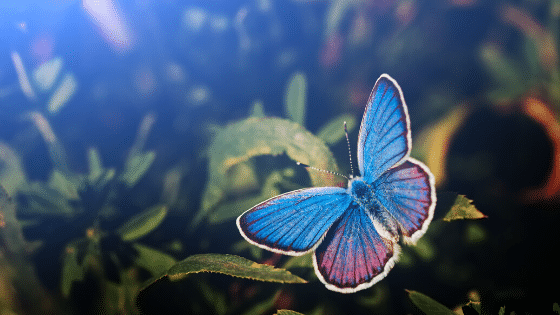Ancient wisdom, human intuition, poets and philosophers agree that nature is good for mind and body. There are so many psychological and physical benefits to being out in nature but research has also shown that noticing nature and attending to nature in our everyday routines can give us a sense of positive feelings of connection.
In an increasingly fast-paced world, the pandemic has given us an opportunity to slow down and observe. Many of us are spending more time in the natural world than ever before, and these unexplored territories can give us something to divert our attention to. Nature connection, rather than just spending time outdoors, has been proven to be good for our wellbeing and it also creates pro-environmental behaviour. There is evidence to suggest that it can provide therapy for healing, loss and loneliness.
How curious are you about your surroundings? How could you bring the same curiosity you have when you travel to your local area? How could you pay more attention? An easy way to get started is to pick one thing to focus on each day, e.g., types of birds, different smells, one particular colour, a type of leaf etc. Sunsets, sunrises and even the rain can give us something to focus on. The smell of petrichor – the scent of the earth after it has rained – can have a calming effect.
If you are currently cocooning indoors, you can still create this positive effect with houseplants or by looking out your window at the sun filtering through the trees or at birds.
So, use nature to help you during these times. Focus on the good stuff in nearby nature, attend to positive news stories, e.g., wildlife returning, practice gratitude and mindfulness in nature, find awe and be optimistic about the future by using examples from nature.
If you have children at home or are teaching young children, there are lots of ways in which you can encourage them to have a sense of wonder in the natural world. Whether it’s welly wandering, looking for conkers, having a snail race, camping outdoors or making a daisy chain, stargazing, fossil hunting or bringing up a butterfly, the options are limitless. For a downloadable guide to 50 things to do before you’re 11 ¾ from the National Trust, click here.
If you are interested in learning more about wellbeing and resilience, our CPD courses have four terms each year, Spring, May/June, Summer & Autumn. Find out more here




